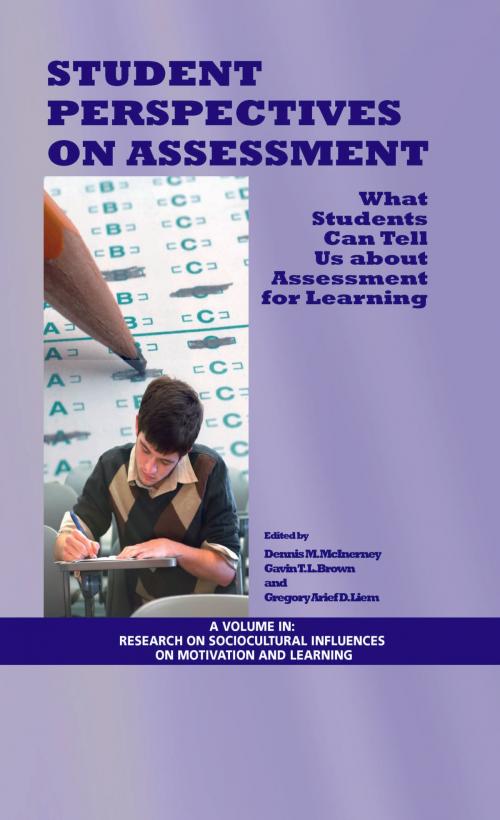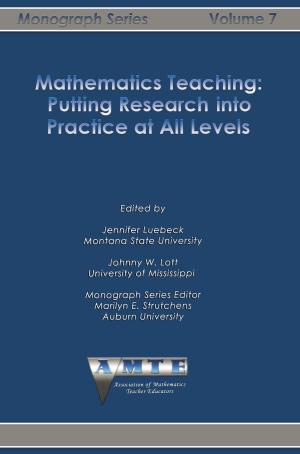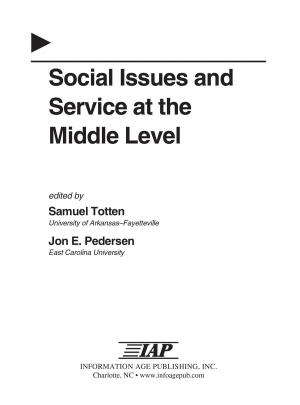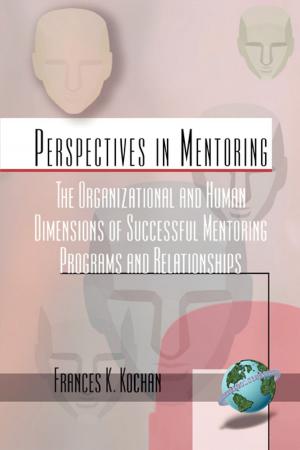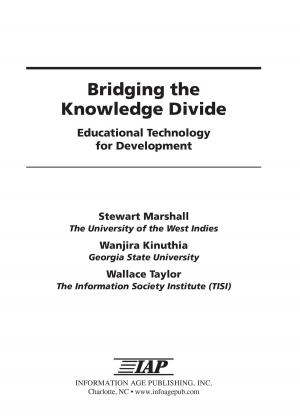Student Perspectives on Assessment
What Students Can Tell Us About Assessment for Learning
Nonfiction, Reference & Language, Education & Teaching, Educational Theory, Testing & Measurement, Higher Education| Author: | ISBN: | 9781607523543 | |
| Publisher: | Information Age Publishing | Publication: | December 1, 2009 |
| Imprint: | Information Age Publishing | Language: | English |
| Author: | |
| ISBN: | 9781607523543 |
| Publisher: | Information Age Publishing |
| Publication: | December 1, 2009 |
| Imprint: | Information Age Publishing |
| Language: | English |
Assessment for learning is meant to engage, motivate, and enable students to do better in their learning. However, how students themselves perceive assessments (both highstakes qualifications and lowstakes monitoring) is not well understood. This volume collects research studies from Europe, North and South America, Asia, and New Zealand that have deliberately focused on how students in primary, secondary, and tertiary education conceive of, experience, understand, and evaluate assessments. Assessment for learning has assumed that formative assessments and classroom practices would be an unqualified success in terms of student learning outcomes. Making use of a variety of qualitatively interpreted focus groups, observations, and interviews and factoranalytic survey methods, the studies collected in this volume raise doubts as to the validity of this formulation. We commend this volume to readers hoping to stimulate their own thinking and research in the area of student assessment. We believe the chapters will challenge researchers, policy makers, teacher educators, and instructors as to how assessment for learning can be implemented.
Assessment for learning is meant to engage, motivate, and enable students to do better in their learning. However, how students themselves perceive assessments (both highstakes qualifications and lowstakes monitoring) is not well understood. This volume collects research studies from Europe, North and South America, Asia, and New Zealand that have deliberately focused on how students in primary, secondary, and tertiary education conceive of, experience, understand, and evaluate assessments. Assessment for learning has assumed that formative assessments and classroom practices would be an unqualified success in terms of student learning outcomes. Making use of a variety of qualitatively interpreted focus groups, observations, and interviews and factoranalytic survey methods, the studies collected in this volume raise doubts as to the validity of this formulation. We commend this volume to readers hoping to stimulate their own thinking and research in the area of student assessment. We believe the chapters will challenge researchers, policy makers, teacher educators, and instructors as to how assessment for learning can be implemented.
